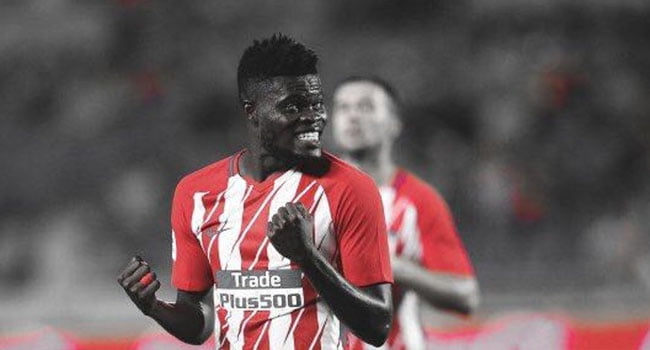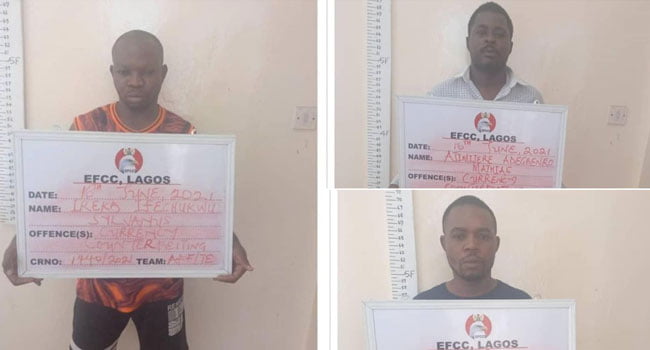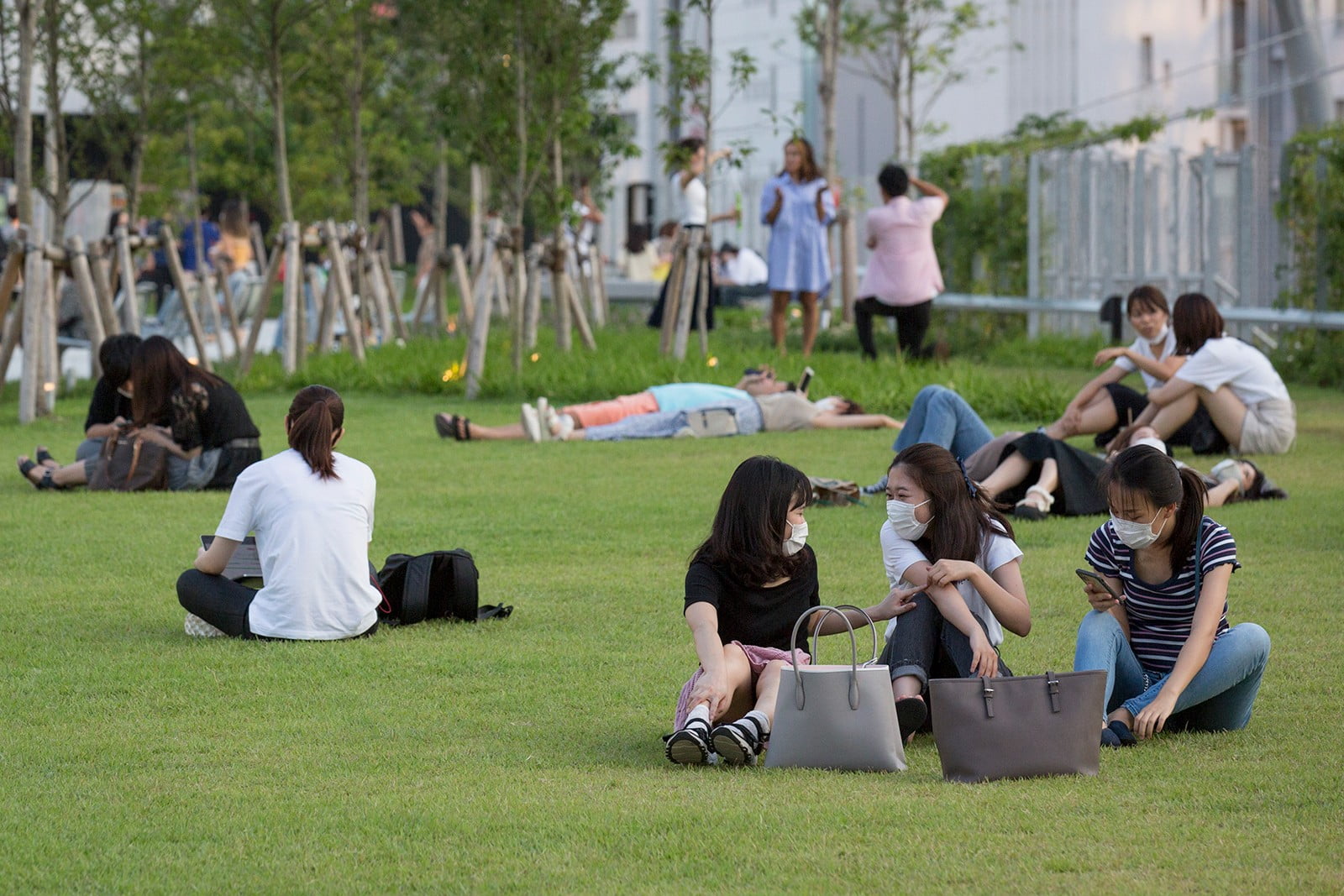US Supreme Court ruled Monday that America’s top university athletics body cannot block student-athletes from getting extra benefits
The high court sided unanimously with student-athletes in a narrow case focused on whether they can receive limited cash or non-cash benefits from their schools related to their education, which the National Collegiate Athletic Association (NCAA) currently forbids.
While it did not weigh in on whether student-athletes should be able to cash in completely on their performances, the Supreme Court made it clear it did not accept the NCAA’s claim that its strict ban on their earning any money, to retain “amateur” status, was important to the business.
The court called the NCAA an effective monopoly in its control over the lucrative industry of college sports.
“Put simply, this suit involves admitted horizontal price fixing in a market where the defendants exercise monopoly control,” Justice Neil Gorsuch wrote in the opinion.
“No one disputes that the NCAA’s restrictions in fact decrease the compensation that student-athletes receive compared to what a competitive market would yield.”
The long-brewing case, NCAA v. Alston et al, did not address the hottest topic of college sports: whether athletes, like universities and the NCAA, should benefit from endorsements or monetization of their personal images, such as sales of shirts bearing their names.
But the court said the NCAA could not prove that athletes keeping their amateur status was important to what Gorsuch called its “massive business.”
“Those who run this enterprise profit in a different way than the student-athletes whose activities they oversee,” he said.
“The president of the NCAA earns nearly $4 million per year. Commissioners of the top conferences take home between $2 to $5 million… And annual salaries for top Division I college football coaches approach $11 million.”
‘Price-fixing labor‘
The ruling appeared to open the gate for a broader challenge to the NCAA’s control on how student-athletes can earn money, or share in the profits the NCAA and universities rake in.
“Price-fixing labor is price-fixing labor,” Justice Brett Kavanaugh wrote in a concurring opinion.
“The NCAA’s business model would be flatly illegal in almost any other industry in America,” he said.
“All of the restaurants in a region cannot come together to cut cooks’ wages on the theory that ‘customers prefer’ to eat food from low-paid cooks.”
The White House applauded the ruling, while the NCAA said the court had reaffirmed its authority to adopt “reasonable rules” and that it remained free to judge what constitutes “truly educational benefits.”
Individual states will implement new laws on July 1 that give student-athletes the right to profit from endorsements, so-called “name, image and likeness” (NIL) benefits.
Currently, the NCAA bans them from profiting from social media, sales of shirts bearing their names, video games using their likenesses and apparel deals arranged by their schools.
But the much smaller National Association of Intercollegiate Athletics, authorized NIL benefits last year.
The NCAA has stalled on the issue, leading to Congress now debating legislation.
The council for NCAA’s powerful Division I, representing the largest and richest schools, will meet on Tuesday and Wednesday and could discuss the issue.
“The NCAA remains committed to supporting NIL benefits for student-athletes,” NCAA President Mark Emmert said in a statement.
“Additionally, we remain committed to working with Congress to chart a path forward, which is a point the Supreme Court expressly stated in its ruling.”
AFP



